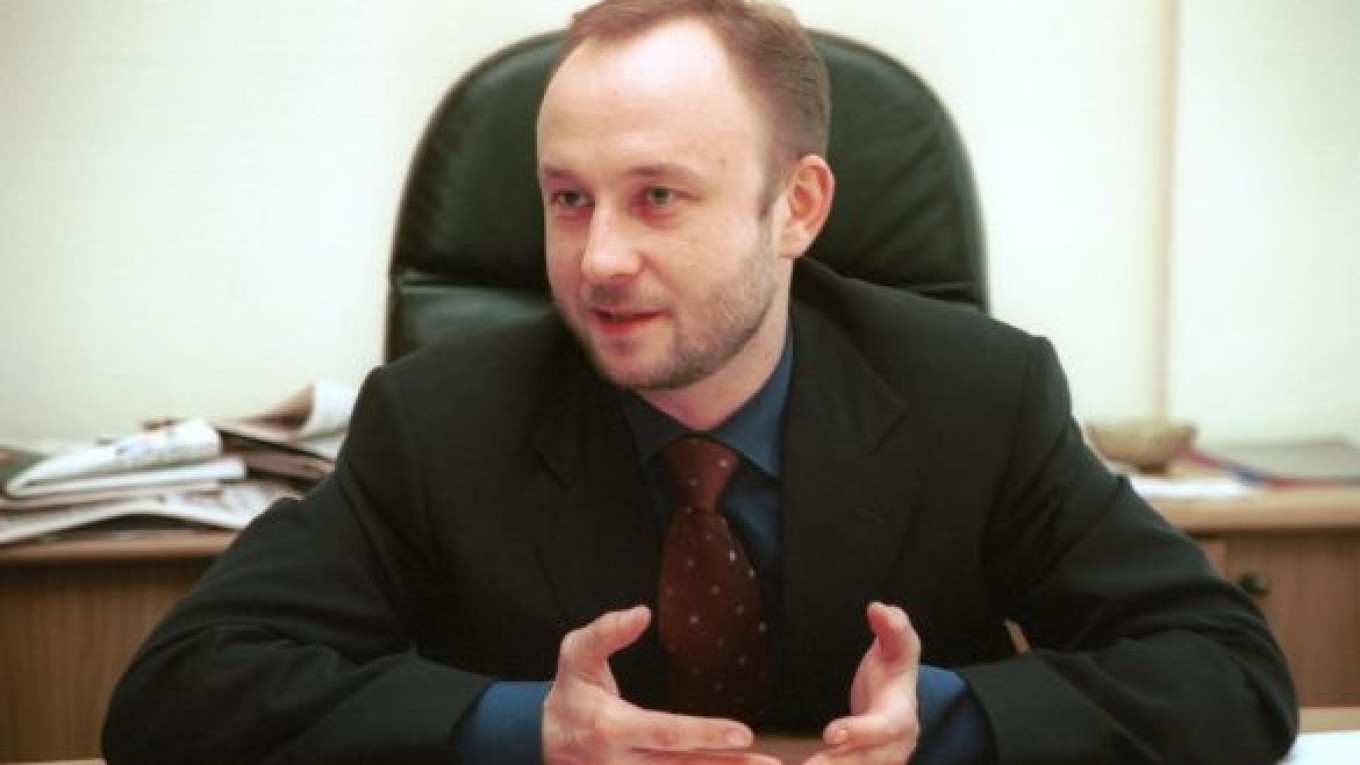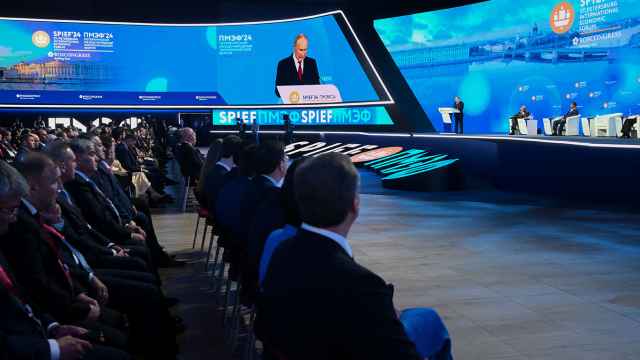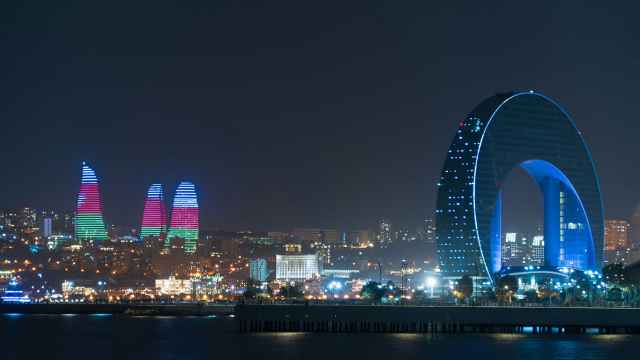As analysts speculate that the Kremlin's hold over the Kommersant publishing house is increasing, the company has landed itself a new president — Vladimir Zhelonkin, who previously managed media outlets for the Orthodox Church and Defense Ministry.
Zhelonkin replaces Dmitry Sergeyev, who said he left the company "for personal reasons" and recommended Zhelonkin for the job, Prime reported.
Some observers have accused the publishing house's owner Alisher Usmanov, who has close ties to the Kremlin, of gradually curbing Kommersant's independence in recent years. Several major journalists quit Kommersant after a new chief executive, Pavel Filenkov, was appointed in 2012, while the opposition-minded Kommersant-TV and Citizen K magazine were closed.
Critics saw Zhelonkin's appointment as proof of Kommersant's increasing ties with the government and the Russian Orthodox Church.
But Usmanov indicated that Kommersant's editorial line will continue as is.
"Kommersant must remain the country's main business newspaper. Its editor-in-chief was and remains Mikhail Mikhailin," Usmanov said Wednesday, Prime reported.
Zhelonkin said he had no aspirations to reinvent the wheel at Kommersant. "Since the stockholders have no complaints toward the management, I will continue to work within the strategy taken at Kommersant," the businessman told Vedomosti Thursday.
Zhelonkin has ties with Usmanov, having run the billionaire's AF Telecom group from 2009 to 2010, but is otherwise a somewhat surprising choice.
He began his media career as chief executive of a news agency run by the Russian Orthodox Church in 1999 to 2001, joining the organizing committee of the Congress of the Orthodox Press the following year, Kommersant reported.
After time at two television channels and then in the telecoms industry, Zhelonkin returned to media as chief executive of the Defense Ministry's Zvezda media group, whose Zvezda television station explores primarily military and patriotic themes.
The businessman has also dabbled in the public sector as head of the Defense Ministry's education department in 2010 and deputy presidential envoy to the Central Federal District in 2011.
Kommersant introduced the concept of the business daily to Russia when it came into print in 1992. The company has diversified steadily ever since, now incorporating two daily newspapers, three weekly papers, a weekly entertainment magazine, a car magazine, monthly shopping and business magazines, and a radio station, altogether serving an audience of more than 1 million.
A Message from The Moscow Times:
Dear readers,
We are facing unprecedented challenges. Russia's Prosecutor General's Office has designated The Moscow Times as an "undesirable" organization, criminalizing our work and putting our staff at risk of prosecution. This follows our earlier unjust labeling as a "foreign agent."
These actions are direct attempts to silence independent journalism in Russia. The authorities claim our work "discredits the decisions of the Russian leadership." We see things differently: we strive to provide accurate, unbiased reporting on Russia.
We, the journalists of The Moscow Times, refuse to be silenced. But to continue our work, we need your help.
Your support, no matter how small, makes a world of difference. If you can, please support us monthly starting from just $2. It's quick to set up, and every contribution makes a significant impact.
By supporting The Moscow Times, you're defending open, independent journalism in the face of repression. Thank you for standing with us.
Remind me later.






